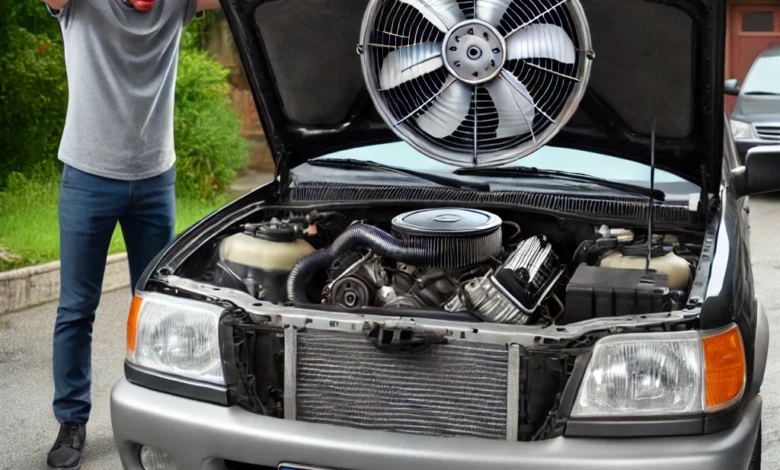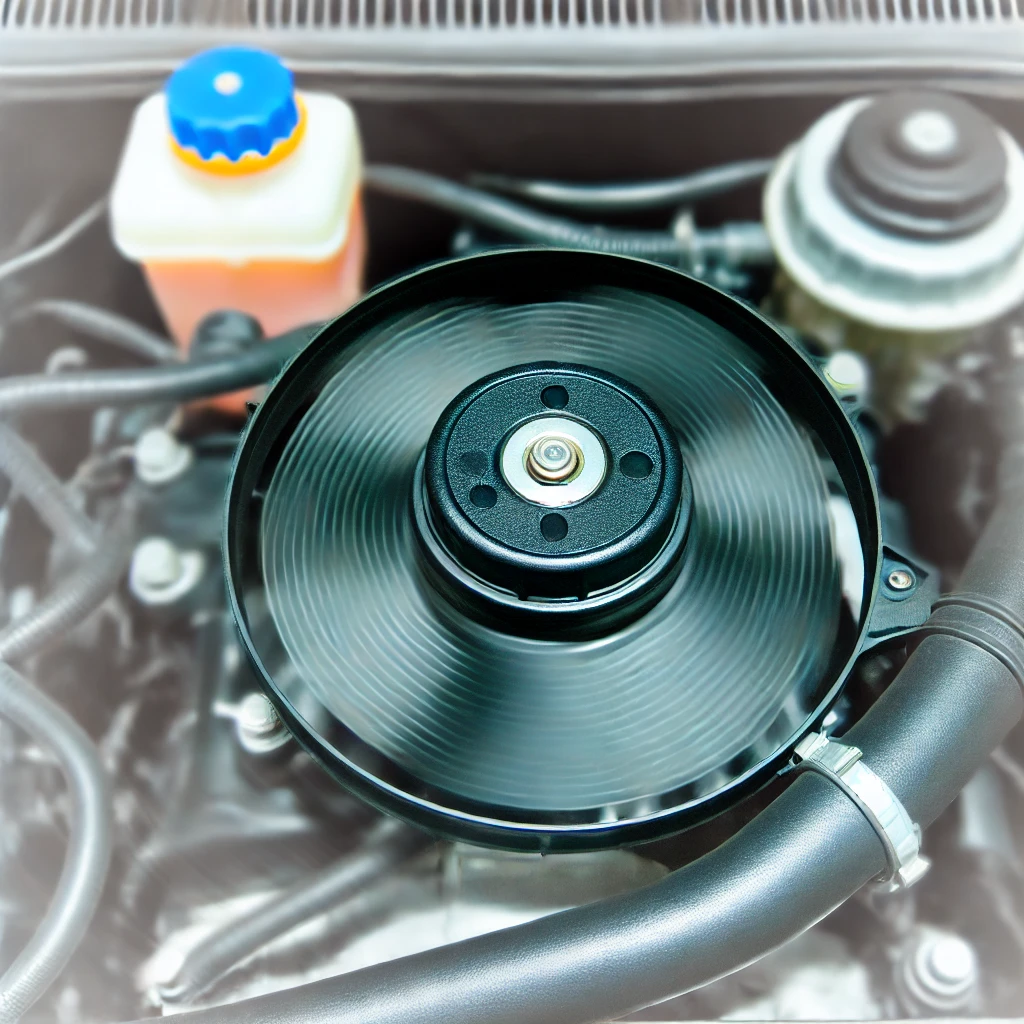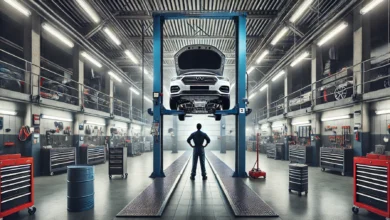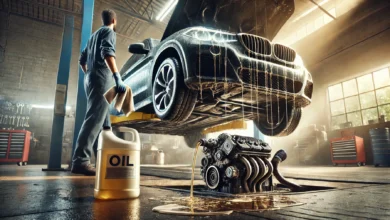Why Does My Radiator Fan Stay On All the Time?

So, you’ve been hearing that incessant hum from under your car’s hood, even when it’s parked in your driveway, and you’re starting to wonder: why does my radiator fan stay on all the time? Let’s dive into this mystery together, peeling back the layers like an automotive onion, to find out what’s really going on.
The Silent Guardian: Understanding the Radiator Fan’s Role
First off, let’s talk about what your radiator fan does. Think of it as the unsung hero of your car’s cooling system. It’s like the dependable sidekick in a superhero duo, always ready to leap into action to prevent your engine from overheating. When your car is in motion, airflow helps cool the radiator, but when you’re stuck in traffic or idling, the fan kicks in to keep things from getting too toasty under the hood.
Possible Culprits: Diagnosing the Constant Fan Syndrome
Now, if your fan seems to have become a permanent fixture in your car’s symphony, there could be several reasons. It’s like having a fire alarm that goes off every time you make toast – something’s triggering it, and we need to figure out what. Here are some common suspects:
- Coolant Temperature Sensor: Imagine this sensor as the thermostat in your house. If it’s malfunctioning, it might think your engine is perpetually running hot, thus telling the fan to stay on constantly. It’s like the sensor is crying wolf, and the fan is dutifully responding every single time.
- Thermostat Issues: The car’s thermostat is like the gatekeeper, regulating the flow of coolant to the engine. If it’s stuck open, the engine might not reach its optimal temperature, causing the fan to run non-stop in a futile attempt to balance things out.
- Electrical Problems: Sometimes, it’s not about temperature at all. Faulty wiring, a bad relay, or a sticking fan control module can keep the fan running endlessly. It’s as if there’s a short circuit that keeps flipping the switch on, and the fan doesn’t know when to quit.
- ECU Malfunctions: The Engine Control Unit (ECU) is the brain of your car. If it gets its wires crossed, it might be sending incorrect signals, resulting in the fan being perpetually on. It’s like your brain telling you you’re hungry all the time, even when you’re full.
Personal Anecdote: Our Own Brush with the Overzealous Fan

Let’s share a little story from our own automotive adventures. A few months back, we noticed our car’s fan had become a constant companion, even serenading us after we turned off the engine. After a bit of detective work and a trip to our trusty mechanic, we discovered that our coolant temperature sensor had gone rogue. It was like the boy who cried wolf – our sensor was perpetually screaming “overheat!” when our engine was actually just fine.
Replacing that little troublemaker was a straightforward job, and once it was done, our fan returned to its usual, well-behaved self. No more late-night hums or unnecessary whirs. It was a relief, both for our sanity and for the health of our engine.
Taking Action: What to Do if Your Fan Won’t Quit
So, if you find yourself in a similar predicament, what should you do? Here’s a roadmap to guide you:
- Check the Coolant Levels: Sometimes, it’s as simple as topping off your coolant. Low levels can cause the engine to run hotter than usual, triggering the fan.
- Inspect the Temperature Sensor: T best online pharmacy with fast delivery buy hypernil online with the lowest prices today in the USAhis tiny component can cause big headaches if it’s not working right. Consider having it checked and replaced if necessary.
- Look at the Thermostat: Make sure it’s operating correctly. A stuck thermostat can throw off the entire cooling system.
- Investigate Electrical Issues: Check for any faulty wiring or bad relays that might be keeping the fan running.
- Consult the ECU: If all else fails, have a professional take a look at your car’s ECU to ensure it’s not sending mixed signals.
Final Thoughts: The Importance of a Well-Functioning Cooling System
Your car’s cooling system is like a finely tuned orchestra, and the radiator fan is one of its key players. When everything works in harmony, your engine stays at the perfect temperature, ensuring a smooth and efficient ride. So, if your fan decides to go solo and perform all the time, don’t ignore it. A bit of attention and a few checks can restore the balance and keep your car running like a well-oiled machine.
And remember, while it might be tempting to ignore that constant hum, addressing it head-on will save you from bigger headaches down the road. After all, in the world of cars, it’s always better to be proactive than reactive.
4











